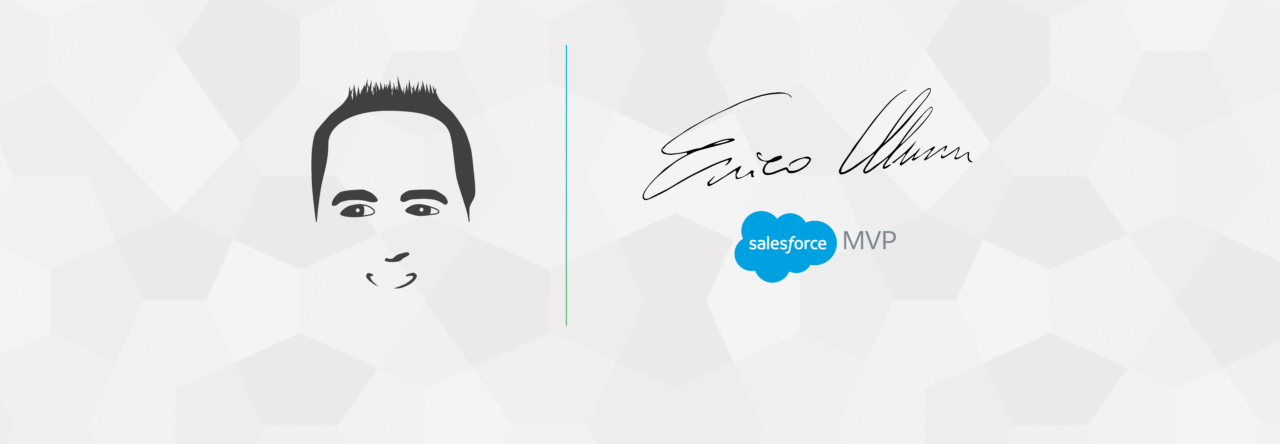Salesforce Developers possess a strong working knowledge of the platform and can add serious value to a business. But given the competitive talent market, you must be prepared to set yourself apart from your peers to really stand out during a job interview.
While job interviews can take many weird and wonderful formats, you should be prepared for two different types of questions during the interview. One will test your technical competency for the role, and the other will measure your experience and knowledge of CRM development in a commercial environment.
Technical questions during the interview
Firstly, the interviewer will want to get a grasp of your technical understanding of the Salesforce platform, so be prepared to answer questions around the architecture or processes involved in Salesforce development.
This can be slightly daunting, as you’re essentially being tested to see whether you really have the skills that are listed on your resume, but there’s no reason to be intimidated. If you’ve worked as a Salesforce Developer in the past, particularly if you’re certified, none of these questions should be outside your realm of understanding.
If you do struggle with a question, there’s nothing wrong with admitting you’ve never worked with that particular tool or concept before—the interviewer will appreciate your honesty, as some people would try to bluff it in this situation (and make themselves look silly in the process). You could even ask them about it, which would show you’re always looking to learn.
If you’re nervous about the kind of questions you may be asked during the interview, we have a resource that details technical interview questions for Salesforce Developers, based on our experience as a specialist Salesforce recruiter. It’s unlikely the interviewer will ask you something incredibly technical, but it’s nice to be prepared just in case.
Experience-driven questions during the interview
As well as what you know, the interviewer will also want to find out what you’ve done so far in your career, and how your experience makes you the perfect candidate for their job. How did you become a Salesforce Developer? What kind of projects have you worked on in the past? What has been the biggest challenge in your career so far and how did you overcome it?
The best way to prepare for this line of questioning is to revisit your portfolio and map out your entire learning journey. A small project you worked on three years ago could be incredibly useful for the task at hand, and so you should be prepared to recall what you did and why.
This is especially useful if you can map it against your education journey—how much did you know at that stage of your career and what would you do now that’s different? Base this around what you’ve learned, the training you’ve undertaken, and the certifications you’ve gained since then.
There’s also merit in talking about mistakes that have been made on projects in the past and how they impacted development. The fact you’ve identified these mistakes and now know better is a testament to the knowledge and experience of your role. Remember that experience is not inherently nominal—a developer with three years of experience who has worked on complex projects will be more valuable than a developer with five years of experience who hasn’t.
Five quick tips for interview preparation
To interview successfully, it isn’t all about having an answer for whatever question is thrown at you. There’s also an onus on you to do your research and find out exactly what will help you stand out in the context of the position you’re applying for. Consider the following:
- Find out which Salesforce product/edition/instance the company is using — if you don’t know which product you’ll be working with, how can you convince the interviewer that you’re experienced enough to develop on it?
- Find out what format your interview will take — some interviews are relatively informal chats, whereas some involve practical exercises such as development tasks or challenges. Clarify this before the interview to avoid being blindsided.
- Focus on how taking this job would benefit both parties — as a Salesforce professional, you’re always looking to improve your career standing. If you can identify what it is about this particular company/role that will help you achieve your long-term career goals, telling this to the interviewer will showcase your ambition and drive.
- Avoid using overly technical language — in some cases, your interviewer won’t actually have a strong knowledge of the Salesforce platform, and so speaking in technical terms won’t demonstrate your point the way you’d like to. Without being patronising, be prepared to communicate complicated concepts in simple language. This will also demonstrate your comprehensive understanding of the Salesforce platform.
- Identify the company’s revenue streams and demonstrate how you can optimise them — while a company will value a lot of things, the bottom line is turnover. If you can demonstrate, based on experience, the value you can add to the business and the potential return on investment in you, the interviewer will start to see hiring you as an essential financial decision—you’ve become indispensable before you even sign the contract!
Preparation is key, but nobody is immune to a bad interview—sometimes you and the company simply won’t be a good fit, and this is fine. Whether successful or not, it will be valuable experience that you can take forward in your Salesforce journey, so don’t be discouraged if things don’t go to plan. Just remember to approach it with a level head and confidence in your ability. You have skills that this company needs, otherwise they wouldn’t have invited you in to interview in the first place!


Leave a Reply